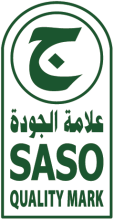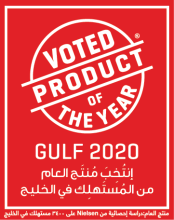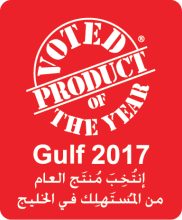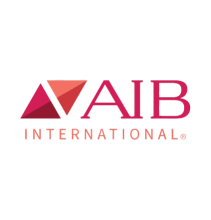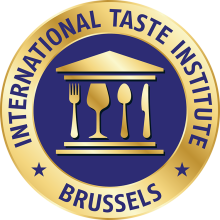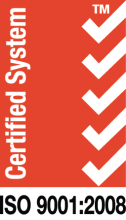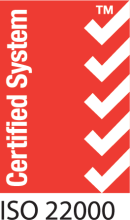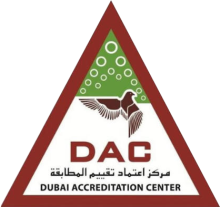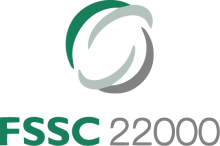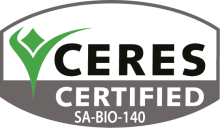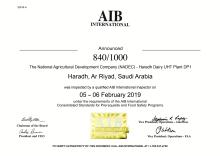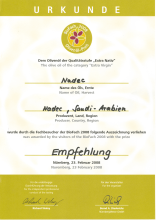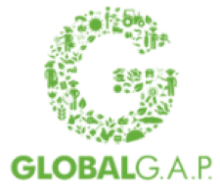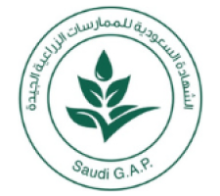Our unwavering commitment to achieving the highest quality standards in agriculture, dairy, and food manufacturing shines through in everything we do. At NADEC, we adhere to the strictest quality standards throughout all stages of production, from the farm to your table. We firmly believe that quality is the foundation of our excellence, and we are dedicated to implementing quality systems that are recognized locally, regionally, and globally.
At NADEC, we take immense pride in leaving no stone unturned when it comes to ensuring the safety and quality of our products. Our prestigious reputation and market-leading position testify to our commitment to excellence. We have been awarded the ISO 22000 certification, which affirms our adherence to the highest food safety standards by implementing rigorous systems that guarantee the safety of our products at every stage of production and distribution. Moreover, our ISO 9001 certification, a globally recognized standard for quality control, serves as evidence of our consistent excellence across all our operations. We also take great pride in holding the Saudi Quality Mark, which provides an additional assurance of our products' quality and reflects our dedication to meeting the requirements of the local market.
Over 20K tests are conducted daily.
To strengthen our position as a leader in providing high-quality products, NADEC's Quality Department conducts over 13,000 tests daily, utilizing the necessary expertise, skills, and technologies.
NADEC relies on eight pillars to maintain the quality of its products:
1. Clear quality standards should be established for all products and communicated to and trained for all employees.
2. Establishing cross-functional teams to ensure seamless coordination throughout all stages of product development.
3. Implementation of quality control procedures.
4. Data analysis.
5. Training the high-quality inspection team on the latest techniques and methods available.
6. Monitoring the compliance system for implementing comprehensive quality systems.
7. Fostering a culture of continuous improvement.
8. Conducting regular audits.
